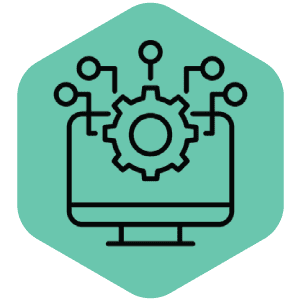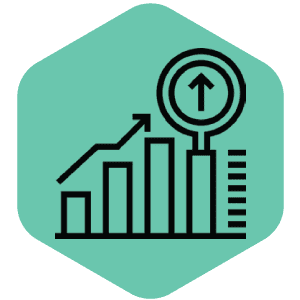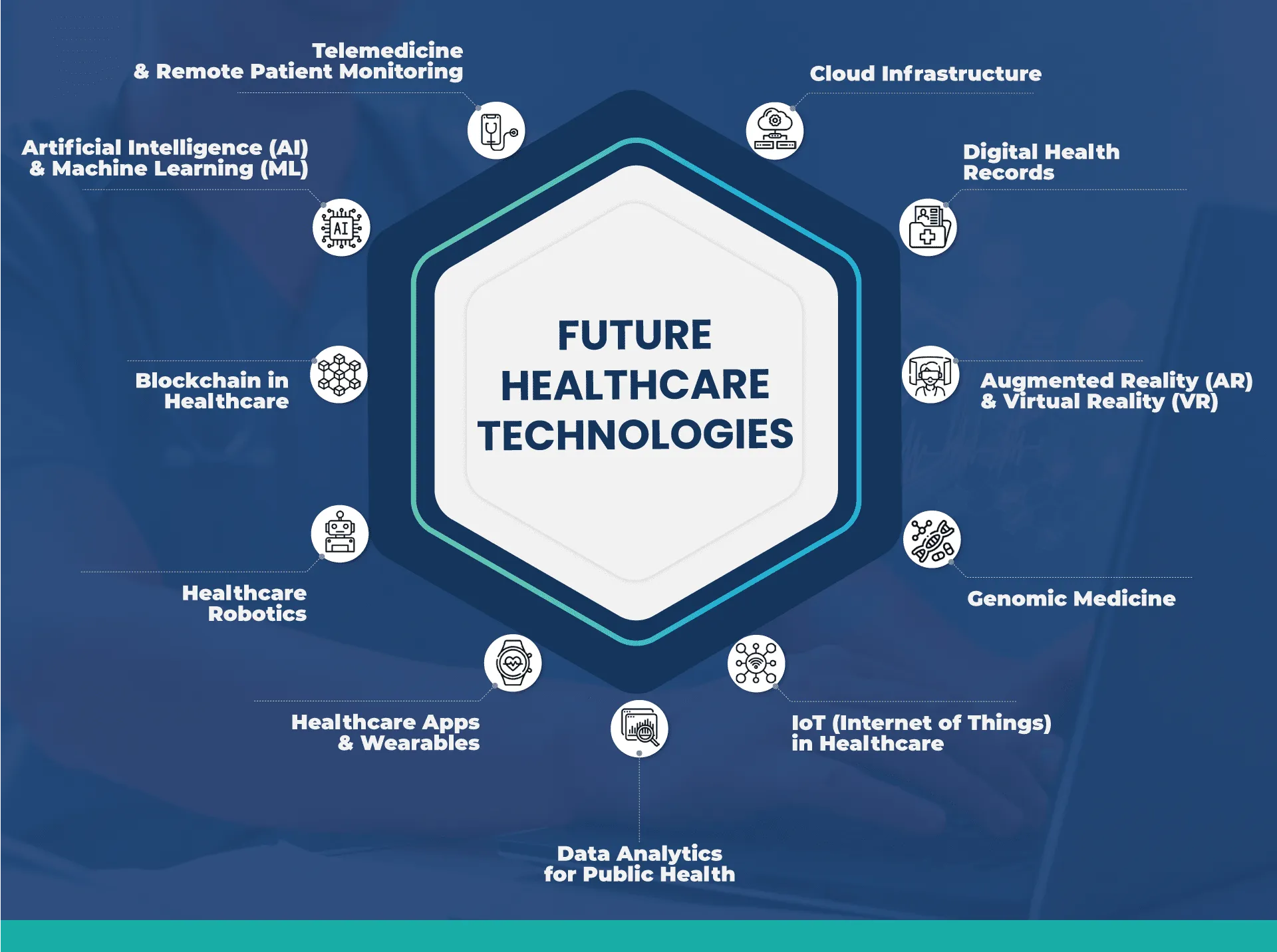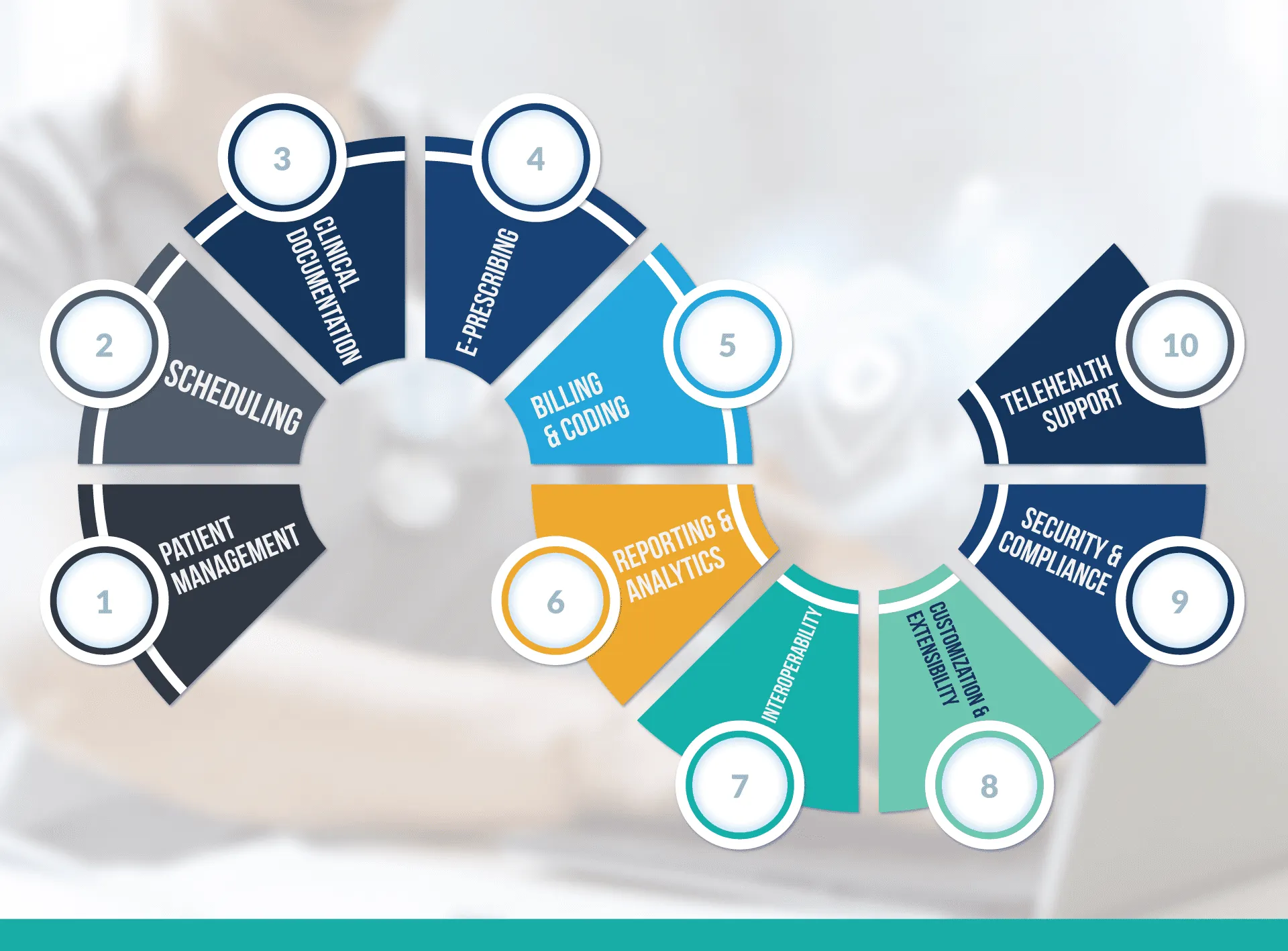
Did you know? According to The DataLabs by Inc42 Plus’– India’s Healthtech Landscape in A Post-Covid-19 World Report 2020’, the Healthtech market size of India is going to be $21 billion by 2025.
This growth is being driven by rising demand for digital healthcare services, rising investment in healthtech startups, and the government’s focus on digital healthcare solutions. Technology is also helping to streamline processes, reduce costs, and improve patient outcomes.
Still wondering how healthtech is going to evolve in India? In recent years, India’s healthcare space has undergone a major transformation. In the past, healthcare primarily encompassed in-person medical services provided by hospitals and clinics. However, with the advent of modern technologies, these institutions have evolved into cutting-edge healthtech hubs, offering a range of services such as Telehealth and Telemedicine, as well as implementing advanced systems like Electronic Health Records (EHR) and Electronic Medical Records (EMR). These hubs not only excel in providing patients with the best medical care but also turn into the centre for innovation and research, shaping the future of healthcare.
Current State of India’s Healthcare Landscape
While talking about the current state of the healthcare sector in India, it is evident that the hospitals, nursing homes, and clinics are operating at full capacity, placing a strain on the system. Medical professionals are tirelessly overworking to sustain this demand.
In this scenario, technology-based solutions like telehealth & telemedicine, digital health records, and AI/ML-based preventive analysis and diagnosis can play a vital role in supporting the overburdened Indian healthcare sector.
.
The Present Situation of India’s Healthtech Startups
India’s healthtech startups are experiencing a surge, offering innovative solutions in pharmacy, biotechnology, and doctor’s consultations. These ventures are reshaping healthcare services, providing diverse and convenient solutions in multiple sectors. This reflects the dynamic role of healthtech in transforming India’s healthcare landscape.
As per a McKinsey report, by 2025, Indian citizens can save up to $10 billion by adopting telemedicine instead of going to a doctor for direct consultation.
Healthtech development in India can be divided into two key segments:

- Clinical Integration:
Doctors are increasingly leveraging technology for critical tasks like image processing, analysis, and anomaly detection. These advancements enhance their ability to treat patients more effectively by providing advanced diagnostic tools and insights.

- Operational Optimization:
Beyond clinical applications, technology is playing a crucial role in assisting doctors, hospitals, and clinics with ancillary tasks. This includes streamlining data management, optimizing operations, and enhancing overall healthcare systems for more efficient and effective healthcare delivery.
The current landscape is marked by challenges, notably the hesitancy among doctors to fully embrace technology-driven reports. A considerable number of healthcare professionals view technology as an intrusion into traditional treatment methods. Many remain hesitant to integrate AI (Artificial Intelligence) into their practices for treatment purposes. Overcoming this reluctance and fostering trust in the capabilities of technology will be crucial for the successful integration of advanced tools into the healthcare ecosystem.
The Emerging Trends in India’s Healthcare Landscape
As per Oxfam India, India ranks the lowest in the number of hospital beds per thousand population among the BRICS nations at 0.5. To address this challenge, virtual healthcare can be a viable solution. Virtual consultations offer the potential for more accessible outpatient department (OPD) consultations at a comparatively lower cost.
The widespread use of smartphones, tablets, laptops, and PCs enables real-time consultations, benefiting both doctors and patients in enhancing healthcare accessibility and affordability.
In the post-COVID era, one noticeable trend is the surge in digitization across various sectors. From insurance services to healthcare monitoring wearables, digitization has asserted its dominance. There is an increasing inclination towards accessing insurance information online, mirroring the rising popularity of healthcare monitoring wearable devices. Notable smartwatch manufacturers like Apple and Samsung are strategically emphasizing the healthcare monitoring aspect, reflecting the broader shift towards digital solutions on an individual level, in the post-COVID era.
Digital Initiatives To Improve Healthcare In India
.
- Ayushman Bharat Digital Mission
Launched in 2018, it aims to develop the backbone necessary to support the integrated digital health infrastructure of India. It will bridge the existing gap among different stakeholders of the Healthcare ecosystem through digital highways.
ABDM is geared towards catalyzing the extensive digitization of the healthcare landscape. A key objective involves creating a system of personal health records, based on international standards, easily accessible to individuals, healthcare professionals and service providers, as per individuals’ informed consent. The versatility of ABDM is highlighted by its ability to seamlessly integrate with various digital health solutions through application programming interfaces (APIs).
- Partnership with Bahmni
Bahmni is a user-friendly EMR and Hospital System, that has collaborated with the National Health Authority (NHA), to build the National Digital Health Network and provide its product/services for use by the people of India. It is an integrated platform that combines and enhances existing open-source products into one single solution.
Bahmni would serve as a goto ABDM compliant Hospital Management System which facilities can adopt to integrate seamlessly with the ABDM ecosystem. Bahmni provides 24/7 accessibility to patient records and makes available standardized, interoperable, contextual, high-quality structured data for case presentations/research. It provides a modular architecture that is extremely flexible and configurable to support the needs of clinics as well as hospitals.
.
Futuristic Healthcare Technologies
Emerging technical trends in the Indian healthtech sector are transforming the way healthcare is delivered and managed. From robotics to cloud infrastructure, these technologies are making healthcare more accessible, affordable, and efficient.

- Telemedicine and Remote Patient Monitoring:
The rise of telemedicine platforms allows patients to remotely consult healthcare professionals. In contrast, remote patient monitoring devices track vital signs and health data, enabling healthcare providers to monitor patients beyond traditional clinical settings.
- Artificial Intelligence (AI) and Machine Learning (ML):
Integrating AI and ML in healthcare focuses on diagnostics, predictive analytics, and personalized treatment plans. AI algorithms are employed for the swift and accurate analysis of medical images, such as X-rays and MRIs.
- Blockchain in Healthcare:
The exploration of blockchain technology aims to enhance the security and interoperability of health records, potentially improving data sharing among different healthcare providers while safeguarding the integrity and privacy of patient information.
- Healthcare Robotics:
In surgical procedures, robotics provide precision and less invasive techniques. Robotic process automation (RPA) is also applied to streamline administrative tasks, enhancing overall efficiency.
- Healthcare Apps and Wearables:
The increasing use of mobile applications and wearable devices facilitated health monitoring and management. These technologies assist users in tracking fitness, monitoring vital signs, and managing chronic conditions.
- Data Analytics for Public Health:
Data analytics tools play a crucial role in analyzing large datasets for public health research and monitoring. Predictive analytics contribute to forecasting disease outbreaks and planning healthcare resources accordingly.
- IoT (Internet of Things)/IoMT in Healthcare:
IoT devices can be deployed for real-time patient monitoring and data collection. Connected medical devices and smart healthcare infrastructure have become more prevalent.
- Genomic Medicine:
Advances in genomics contribute to personalized medicine and targeted therapies, with genetic testing and analysis increasingly used to understand individual predispositions to diseases.
- Augmented Reality (AR) and Virtual Reality (VR):
AR and VR technologies apply to medical training, surgical planning, and patient education. VR simulations are utilized for training healthcare professionals in a risk-free environment.
- Digital Health Records:
The ongoing trend of transitioning from paper-based records to electronic health records (EHRs) facilitates seamless information exchange among healthcare providers.
- Cloud Infrastructure:
Cloud infrastructure is pivotal in modernizing healthcare, providing scalable and secure solutions. It facilitates efficient data management, quick access to patient information, and seamless collaboration among healthcare professionals. The robust security measures of the cloud contribute to safeguarding sensitive patient information, meeting regulatory requirements, and enhancing overall healthcare efficiency.
Unveiling the Power of our OpenEMR Solution
In the ever-evolving landscape of healthcare technology, our OpenEMR-based open-source electronic health records (EHR) and medical practice management framework stand out as a robust and adaptable solution. Tailored for healthcare providers, clinics, and hospitals, this platform encompasses a wide array of capabilities designed to streamline operations and elevate patient care.

Key Features:
- Patient Management – Seamlessly manage patient demographics, appointments, and medical history with our user-friendly system.
- Scheduling – Streamline appointment scheduling, calendar management, and patient engagement with automated reminders for optimized clinic efficiency.
- Clinical Documentation – Create and manage electronic medical records (EMRs) effortlessly, from progress notes to comprehensive histories.
- E-Prescribing – Enable healthcare professionals to electronically prescribe medications, manage prescriptions and track medication histories.
- Billing and Coding – Navigate healthcare finance complexities with integrated billing, coding, and claims management tools.
- Reporting and Analytics – Access valuable practice performance, patient outcome, and compliance insights through robust reporting and analytics functionalities.
- Interoperability Embrace integration with other systems and facilitate health information exchange with adherence to interoperability standards.
- Customization and Extensibility: Leverage OpenEMR’s open-source nature for unparalleled customization and extensibility, adapting to various healthcare workflows and needs.
- Security and Compliance Ensure patient data confidentiality and compliance with healthcare regulations like HIPAA through dedicated security measures.
- Telehealth Support: Navigate the future of healthcare with OpenEMR’s telehealth support, enabling remote consultations and services for enhanced patient convenience.
Conclusion
The future of healthtech in India holds immense potential to redefine healthcare delivery, making it more accessible, efficient, and patient-centric. As technology continues to evolve, stakeholders in the healthcare ecosystem must collaborate to navigate challenges and harness the transformative power of healthtech for the well-being of the nation. The road ahead is dynamic, and the fusion of innovation, collaboration, and a patient-centric approach will pave the way for a healthier tomorrow in the realm of Indian healthcare.
As a healthcare IT expert, Youngsoft can assist you in modernizing your clinic or hospital’s healthcare management with fully compliant technology and adherence to healthcare standards.
Meet us at Arab Health 2024
Youngsoft India is proud to announce its presence at Arab Health 2024, a global healthcare event of paramount significance. As we showcase our cutting-edge technologies, we aim to demonstrate how Youngsoft India continues to be at the forefront of driving positive change in healthcare. This event serves as a platform for us to engage with industry leaders, forge new partnerships, and contribute to shaping the future of healthcare. We invite all attendees to visit our booth, explore our groundbreaking solutions, and join us in the collective journey towards advancing healthcare excellence. To know more click here.
See you at Stand No: # R.D58, Rashid Hall, World Trade Center, Dubai.
About Us:
Youngsoft India Pvt. Ltd. is an affiliate of Youngsoft Inc. that offers a full-service IT technology and consulting solution. Based in Hyderabad, India, and with Youngsoft Inc., we offer 24/7 support and solutions to clients across the globe.
Let’s discuss our Healthcare IT in more detail!

